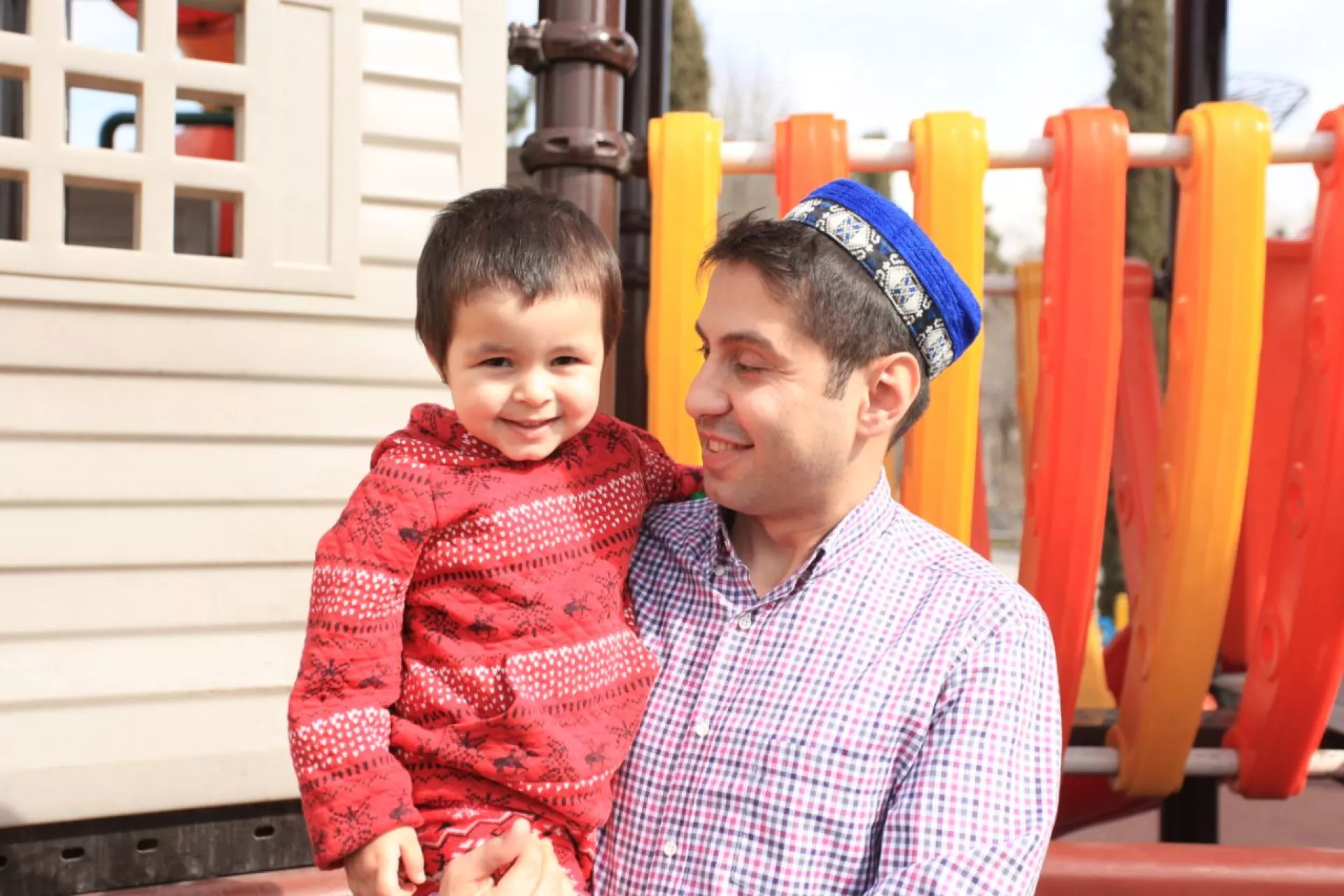Every parent has to face a moment when they are unsure of how to best discipline their child. It can be difficult to control your temper when dealing with an angry teenager or a screaming toddler. It is not a situation that any parent would want to be in. Physical violence and shouting will never solve the problem.
Positive discipline is one way to achieve this. We spoke with Lucie CLuver a professor at Oxford University and mother of 2 young boys to find out how this approach could help parents develop positive relationships with children and teach them skills such as responsibility, cooperation and discipline.
Why Positive Discipline?
Parents don’t want their children to be screamed at or beaten by their children. Cluver says that we do it when we are stressed out and can’t think of another way.
It is evident that shouting and hitting do not work. They can even do more harm in the end than good. The repeated shouting and hitting of a child can negatively impact their entire life. It can cause “toxic stress”, which is a constant state of tension that can have a variety of negative effects, including increased chances of dropping out of school, depression, drug abuse, suicide, and heart disease.
Cluver says, “It would be like giving you a medicine that won’t help you but will make you sick.” When we know that something isn’t working, it’s good to try a new approach.
Positive discipline is a way to set expectations and build a relationship with your child. It does not focus on punishment or what you should and shouldn’t do. It works! Here’s how to start using it:
1. Plan 1:1 time
It is essential to build a good relationship, and this is even more important with children. It can be as little as 20 minutes per day. It could be as little as 5 minutes. Professor Cluver says you can do it by washing dishes while singing a song together or talking while hanging the laundry out. What’s important is to focus on your child. You turn off your TV, your phone, and get down to their level. It’s just you and your child.
2. Praise positives
We often call out our children’s bad behavior as parents. This may be interpreted by children as a means to gain your attention and perpetuate bad behaviour rather than put a stop.
Praise is a powerful motivator for children. They feel special and loved. Professor Cluver recommends that you praise your child when they do something well, even if it is only playing with their siblings for five minutes. This can reduce the need to discipline and encourage good behavior.
3. Set clear expectations
Cluver says that telling your child what to do will be more effective than telling him what to avoid. Professor Cluver says that when you tell a child not to make a mess or to behave well, they may not understand exactly what is expected of them.
It’s important, however, to have realistic expectations. “Asking them to be quiet for an entire day is not as manageable as requesting 10 minutes while you make a call”, says Professor Cluver. You know what your child can do. If you ask them to do the impossible, then they will fail.
4. Creatively distract yourself
Cluver says that if your child is difficult, you can distract them by doing something more positive. You can redirect their energy to positive behaviour by distracting them with something else, such as a different topic, a new game, or a trip into another room.
Timing is important. It is important to be able to recognize and take action when something goes wrong. When your child starts to get fidgety or irritable, or when both siblings are looking at the same toy or object, you can diffuse a situation before becomes a problem.
5. Use calm consequences
Growing up involves learning that what you do can have a consequence. It is easy to teach your child about responsibility and encourage better behavior by defining this.
Explain the consequences for bad behavior to your child. If you want to get your child to stop drawing on walls, tell them that you’ll end their time playing if they don’t stop. This gives them a warning, and the opportunity to change their behavior.
If they do not stop, then follow through the consequences calmly, without anger. “Give yourself credit – it isn’t easy!” says Professor Cluver.
Professor Cluver recommends that if they stop, you should give them a lot of praise. You are creating a positive loop of feedback for your child. It has been proven that calm consequences are effective in teaching children what happens when they misbehave.
Consistency is key to positive parenting. This is why it is so important to follow through on the consequences. Realistic consequences are also important. You can take away a teenager’s mobile phone for an hour, but it might be hard to do for a whole week.
Engagement with Younger Children
It’s free to spend time with someone one-on-one. Professor Cluver adds: “You can sing with them, copy their expressions or bang spoons on pots.” There’s a lot of research that shows how playing with your child boosts their development.
Engagement with Older Children
Teenagers, like younger children, want praise and to be thought of well. They still value one-on-one interaction. “They enjoy it when you dance with them around the room or talk about their favorite singer,” says Cluver. They may not show it all the time, but they are there. It’s a great way to build a relationship with them on their terms.
Professor Cluver suggests that when setting expectations, you should “ask the children to help create some rules.” Sit them down to discuss the dos and donts of your household. The children can also decide on the consequences of unacceptable behavior. “Being involved in the process lets them know you’re aware that they are becoming independent beings.”
What to Do When You are in a Stressful Situation
Families go through difficult times together. Here are some tips to help parents through stressful times.
1. Pause
We are all familiar with the tension that can arise when our child seems to be difficult. In moments like this, stepping back and being present is a simple but useful tactic. Professor Cluver suggests pressing the “pause” button. Take five deep breaths slowly and with care. You’ll find that you can respond more calmly and thoughtfully. “Parents around the world agree that taking a pause can be extremely helpful.”
2. Step back
Cluver, Professor: “Parents often neglect to take care of themselves.” Take some time to relax and enjoy yourself. This can be done when your children are sleeping. When you don’t give yourself a break, it’s hard to be a good parent.
3. Praise yourself
Professor Cluver advises that it’s easy to overlook the amazing job you do every day as a parent and you should be proud of yourself. Take a minute each day to think about what you did well with your children.
You are not alone. She says, “Millions parents around the world try and sometimes we all fail.” It’s important to try again.



